
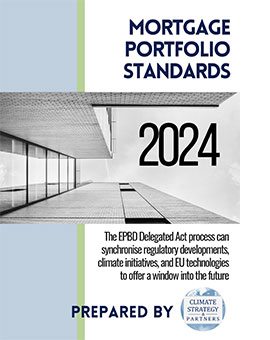
The formal adoption of the EPBD in April 2024, calls for the drafting of a Delegated Act for the voluntary uptake of Mortgage Portfolio Standards (MPS). This briefing document identifies key energy efficiency related elements and provides a way to synchronise them under an all-encompassing future-looking MPS. The purpose is to speed up the mass renovation process of EU buildings through the use of the latest EU-funded technologies, and in turn deliver decarbonisation targets and ensure a just transition for all Europeans.
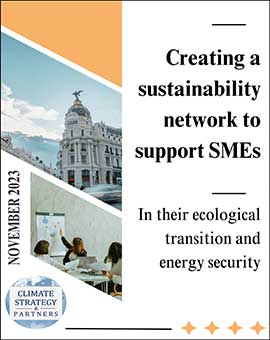
Written over the course of 2023, as a follow up to our 2022’s report on SMEs, this report proposes the creation of a network to provide local support to SMEs through access to training and tools to develop robust climate action plans and funding. It also describes the CS devised “Pact Activating SMEs x CLIMATE and RESILIENCE”, launched to create a sustainability network in Spain connecting the private and public sector stakeholders
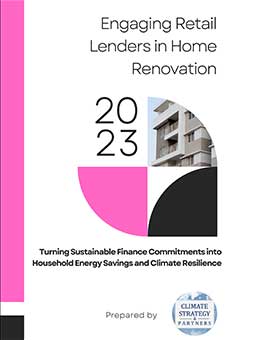
Drafted over the course of 2023, this report builds on years of work furthering energy efficiency -including Mortgage Portfolio Standards (MPS) and the EU Renovation Loan (ERL)-, with a focus on the role of retail financial institutions in building renovation investment in Europe.
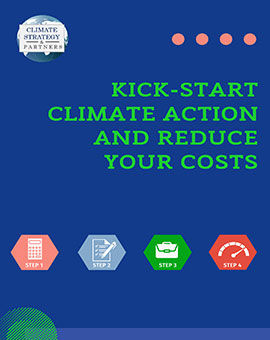
Increasingly, SMEs will have to face pressure to reduce their carbon footprint and report their alignment with Spanish and Europe's climate goals. Preparing a Climate Action Plan in advance will serve to strengthen their competitiveness and create new business opportunities.
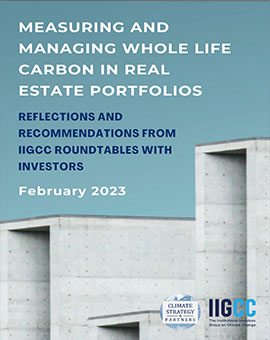
In a world where embodied carbon is invisible, investors can make investment and sustainability decisions that may be unwittingly harming the environment. This is why leading members of IIGCC’s Real Estate Working Group are moving on the topic: “wait and see” is no longer an option.
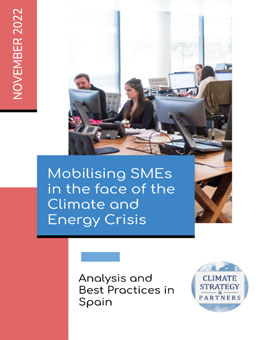
Spanish SMEs generate 65% of employment and represent 99.8% of the Spanish business fabric (a total of 2,926,484 companies), hence their active engagement is essential to guarantee a green, effective and fair transition.
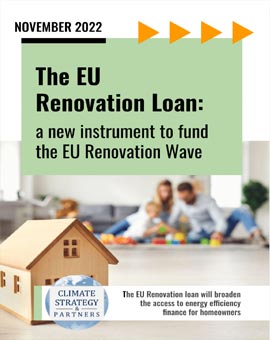
At present, European households are unable to afford energy renovations meaning they face skyrocketing bills and unhealthy living conditions well into the future, while the buildings sector continues to contribute to the climate crisis and the EU’s dependence on imported gas, including from Russia.
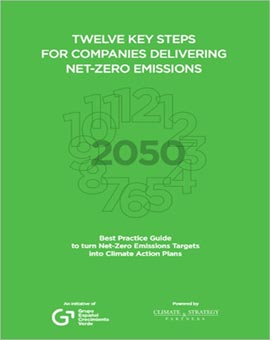
The recent Intergovernmental Panel on Climate Change Sixth Assessment Report highlights the urgency to cut down greenhouse gas emissions rapidly and at a large scale in order to limit global warming to 1.5ºC. The private sector plays a vital role in the efforts towards delivering this mission.
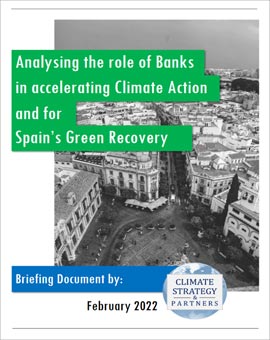
Financial institutions play a key role in a world post Covid-19 focused on rebuilding economies with a green recovery.
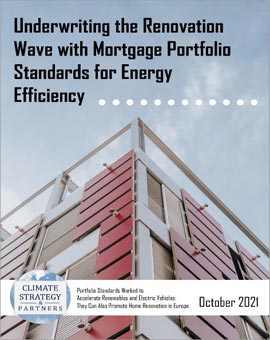
Experts assert that to meet its 2030 climate targets, Europe will need to invest upwards of €2.75 trillion to renovate 35 million buildings over the next decade. Considering limited public financing available, bank lending could play a key role in making European buildings warmer, healthier, and more sustainable for millions of people.
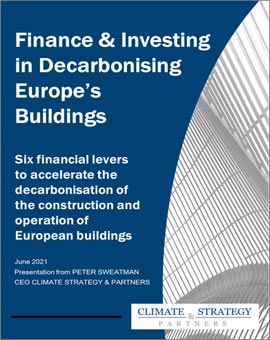
Six financial levers to accelerate the decarbonisation of the construction and operation of European buildings. This document details the urgent financial-policy measures which can decarbonise EU buildings in line with the Renovation Wave Strategy
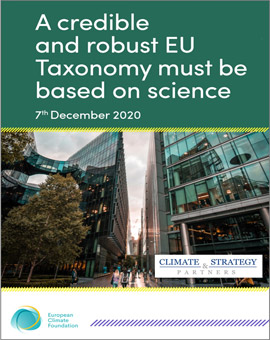
The EU Taxonomy should contain technical screening criteria that ensure sustainable investments are aligned with the Paris Agreement, and rule out greenwash. A credible and robust climate investment taxonomy can rely on science, and years of technical evidence.
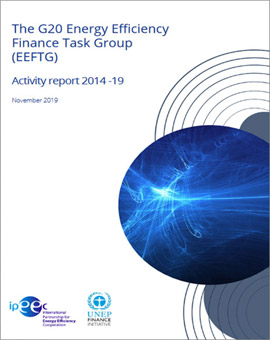
This report summarizes the work of the EEFTG during four years as a multi-stakeholder platform to bring together policy makers, financial institutions (FIs) and other actors to improve understanding of existing policy and technical gaps to scale up finance flows into energy efficiency investments.
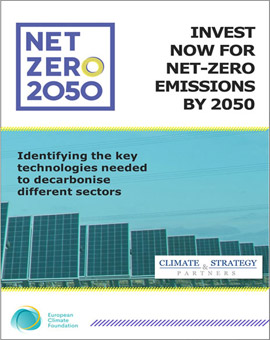
At the end of 2019, Climate Strategy worked with and array of European institutions including E3G, the Jacques Delors Institute, and Transport & Environment to produce a set of two pagers identifying the key technologies needed to decarbonise different sectors of the EU economy
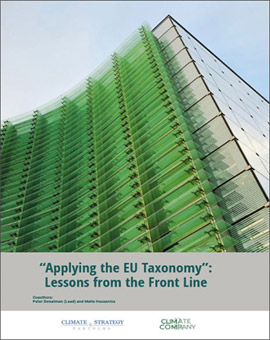
The EU intends to conduct historic investment in its economy through a EUR 1.85 trillion budget, with around a third earmarked for climate expenditure. Hence, the EU Taxonomy should be always applied to identify green investments in the EU’s next long-term budget and recovery package.
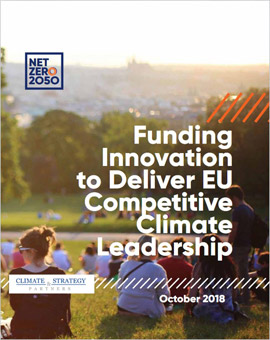
Published in October 2018, this report assesses the role and need to foster research and innovation (“R&I”) in key sectors to effectively decarbonise the European economy. Drawing from an expert survey, this report offers a set of conclusions to reach ‘Net-Zero’ decarbonisations targets by 2050.
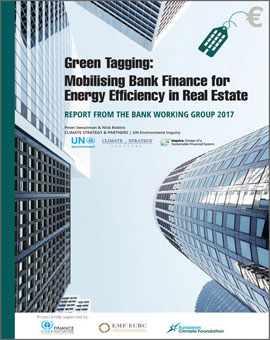
Launched in December 2017, this report presents the findings and recommendations from a survey of green tagging practices of 10 of Europe’s leading banks. In addition, this report describes how they are developing a systematic approach to green tagging with a focus on commercial and residential real estate mortgage loans.
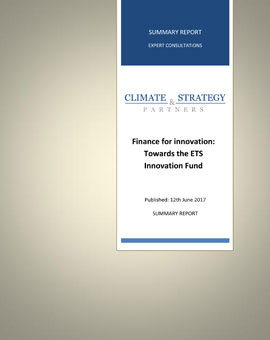
Published in June 2017, this document is a high-level summary of sector-specific workshops held by the European Commission with experts from energy-intensive industries, energy and finance sectors, and provides expert recommendations as regards to the key design elements of the future Innovation Fund.
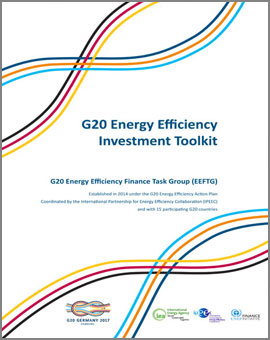
Published in June 2017, this document is a high-level summary of sector-specific workshops held by the European Commission with experts from energy-intensive industries, energy and finance sectors, and provides expert recommendations as regards to the key design elements of the future Innovation Fund.
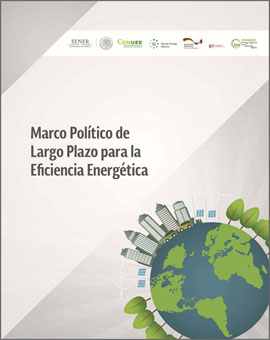
Published in February 2017, this political framework was instrumental in identifying challenges, opportunities and lines of action related to energy efficiency which were later used when establishing planning instruments and tools mandated by the Mexican Energy Transition Law (Ley de Transición Energética – LTE)
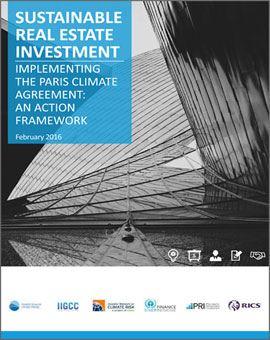
Published in February 2016, this framework seeks to assist real estate investment stakeholders in identifying key drivers and how to overcome those barriers that prevent the integration ESG and climate change related risks into their decision making processes.
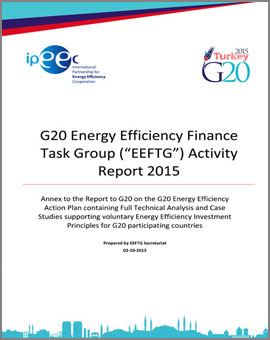
Published in October 2015, this report summarizes the EEFTG 2015 technical engagement activities organized around key technical themes which emerged to form EEFTG’s voluntary Energy Efficiency Investment Principles of G20 participating countries as well as relevant case studies.
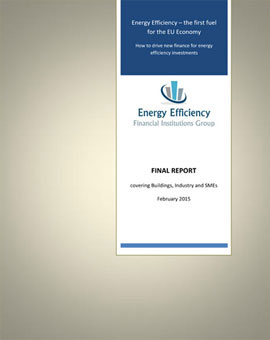
Published in February 2015, this report – the second from the Energy Efficiency Financial Institutions Group (EEFIG) identifies the critical success factors, policies, market instruments and financing solutions to increase energy efficiency investments in Europe in the buildings, industry and SME sectors.
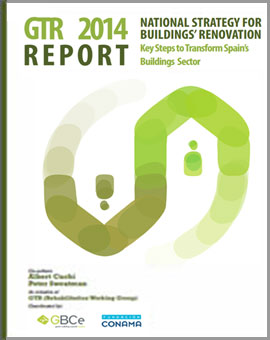
Published in December 2013: This report – the third collaborative work from the Rehabilitation Working Group (GTR – El Grupo de Trabajo sobre Rehabilitación) - deepens the scope of its previous Road Map and Long-term Plan to ensure that the transformation of Spain’s built environment becomes an economic reality.
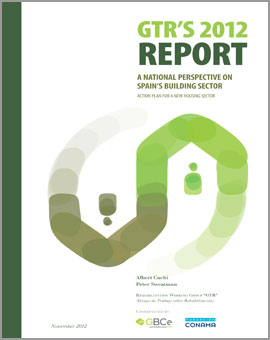
Published in November 2012: This report – the second collaborative work from the Rehabilitation Working Group (GTR – El Grupo de Trabajo sobre Rehabilitación) - presents two significant improvements: GTR’s 2012 economic model introduces over eighty new parameters, and incorporates the new legislative guidelines from the European Union’s new Energy Efficiency Directive.
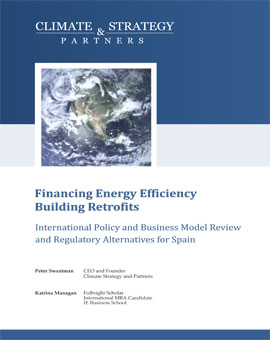
Published in October 2010: “Climate Strategy’s white paper on the financing of Energy Efficiency provides an in-depth review of policy and retrofit activity in the US, UK and Spain.”
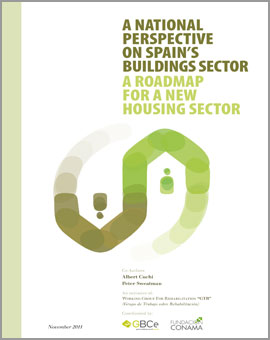
Published in November 2011: “This report is a collaborative work which provides the background, structure, methodology, analysis and an action plan for Spain to launch and support a New Housing Sector creating jobs and saving energy and CO2 emissions.”
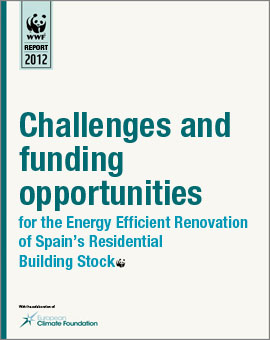
Published on February 2012: “This report examines the international tools and policies designed to fund energy retrofit projects in the residential sector. It also aims to examine the possible ways to adopt similar policies that can boost the Spanish housing stock retrofit sector.
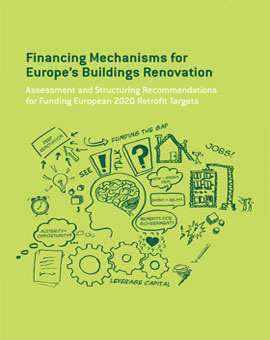
Published in September 2011: “This report states that appropriate national policy frameworks remain the most significant drivers of optimal national energy efficiency and refurbishment outcomes. However there is also a clear need to create financing mechanisms and support programmes which have the capacity to stimulate investments in the order of Euro 100 billion per annum into European buildings in aggregate from public and private sources (consistent with individual Member State target financing levels of 0.5-0.8% of GDP)”.
Peter Sweatman the Founder and Chief Executive of Climate Strategy & Partners
Public Speaking Events, Expert Workshops and Presentations (2004 - 2023)
List of Key Press articles and interviews published 2004-2015